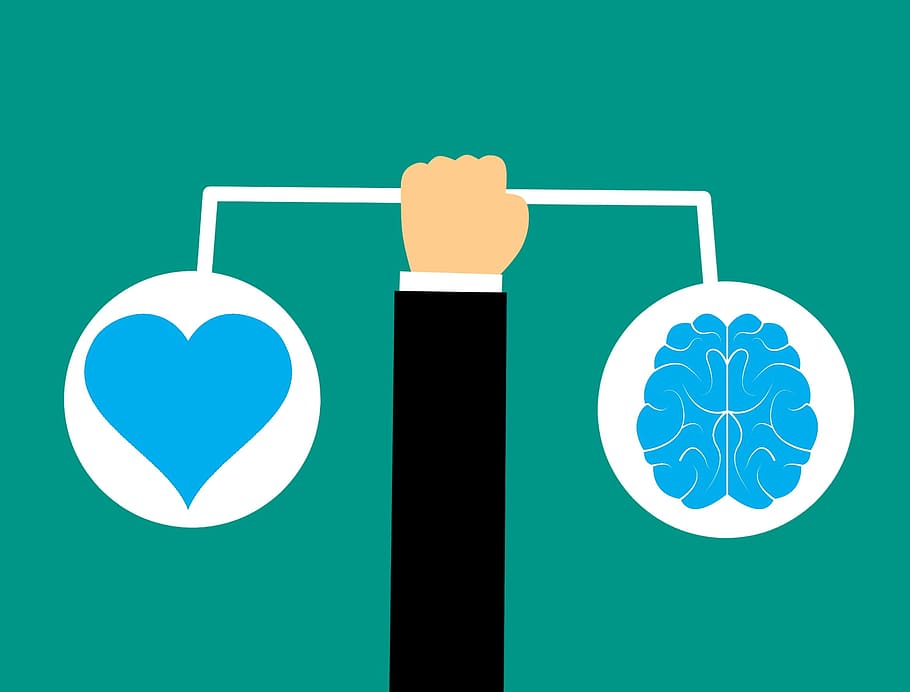
FAQ About Basics of Emotional Intelligence
Basics of Emotional Intelligence
2 years ago | gizem
Why is emotional intelligence important?
Emotional intelligence (EI) is important for several reasons:
- Improved Relationships: Emotional intelligence enhances our ability to understand and empathize with others, leading to stronger and more meaningful relationships. It helps us communicate effectively, resolve conflicts, and build trust and rapport with others.
- Effective Communication: EI allows us to recognize and understand nonverbal cues, emotions, and underlying messages in communication. This skill enables us to convey our thoughts and feelings clearly, listen attentively, and respond appropriately, fostering better understanding and connection with others.
- Conflict Resolution: With higher emotional intelligence, we can manage conflicts constructively. We become more adept at understanding different perspectives, finding common ground, and resolving disputes through effective communication and negotiation.
- Leadership Skills: Emotional intelligence is crucial for effective leadership. Leaders with high EI can inspire and motivate others, build strong teams, and create a positive and supportive work environment. They understand the emotions and needs of their team members, provide guidance and support, and make informed decisions.
- Personal Well-being: EI contributes to our personal well-being by helping us manage our own emotions and stress levels. It promotes self-care, resilience, and the ability to bounce back from setbacks. By understanding and regulating our emotions, we can improve our mental health and overall quality of life.
- Enhanced Self-Awareness: Emotional intelligence increases self-awareness, allowing us to understand our strengths, weaknesses, values, and motivations. This self-awareness enables us to make better choices, set realistic goals, and align our actions with our values, leading to personal growth and fulfillment.
- Improved Decision-Making: EI helps us make more informed and balanced decisions. By considering our emotions and those of others, we can weigh different perspectives, anticipate the impact of our decisions, and make choices that are aligned with our values and the needs of others.
- Success in the Workplace: Emotional intelligence is highly valued in the workplace. It enhances teamwork, collaboration, and productivity. Individuals with high EI are often effective leaders, good communicators, adaptable, and skilled in managing workplace relationships, leading to career advancement and success.
